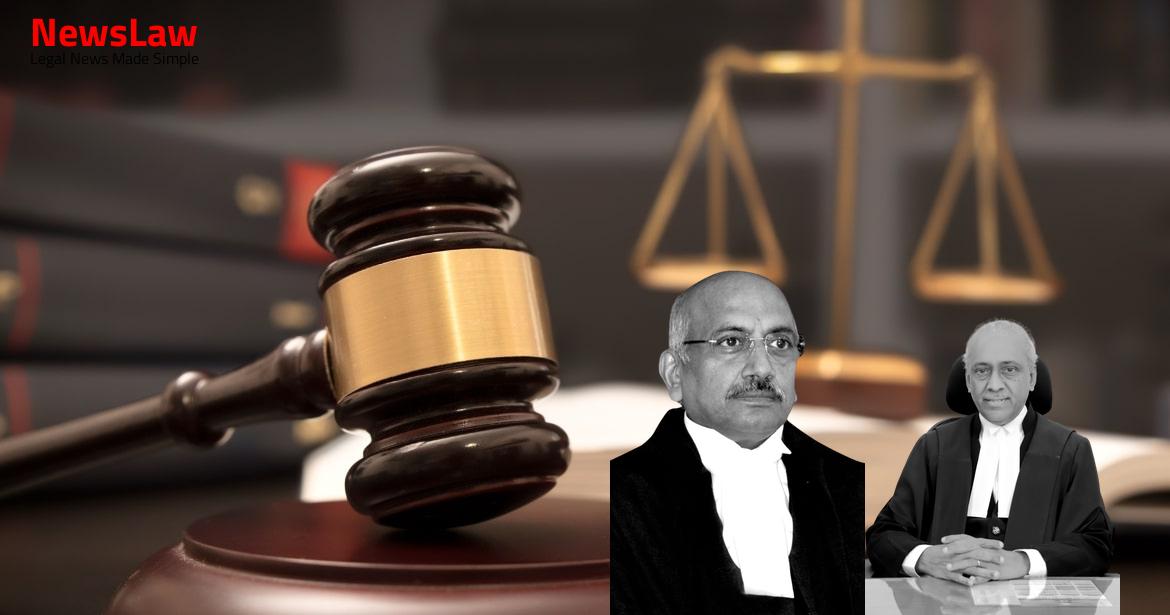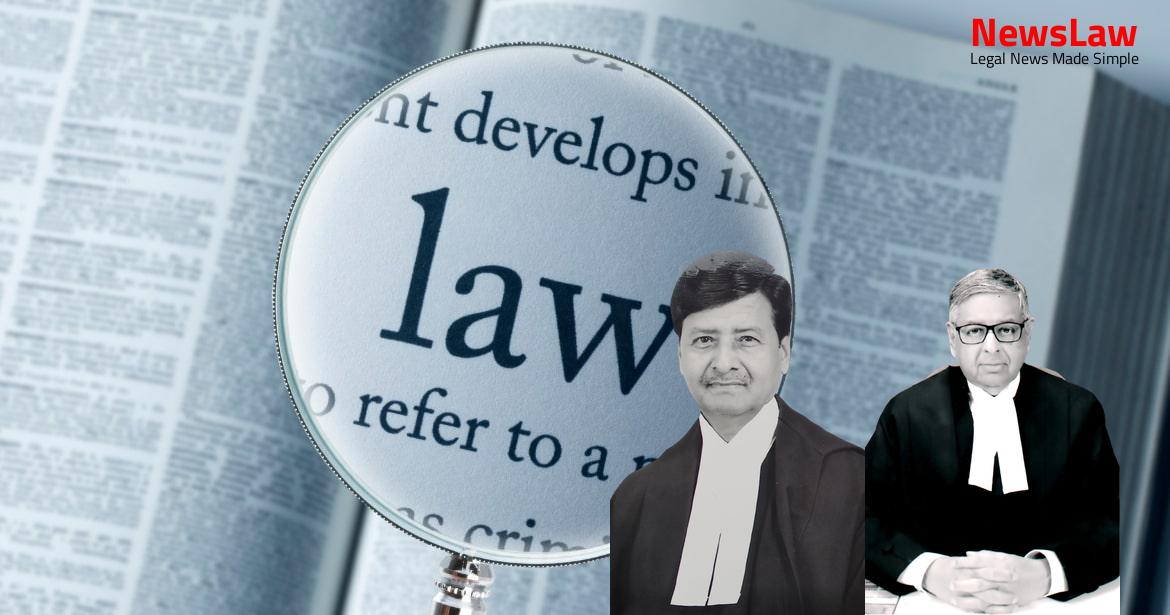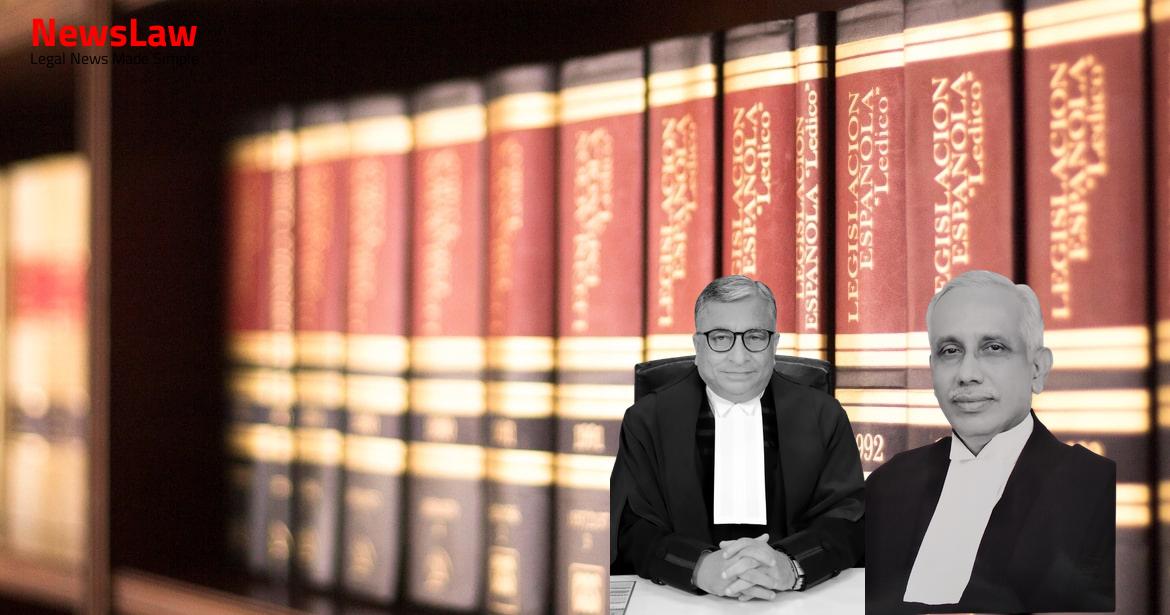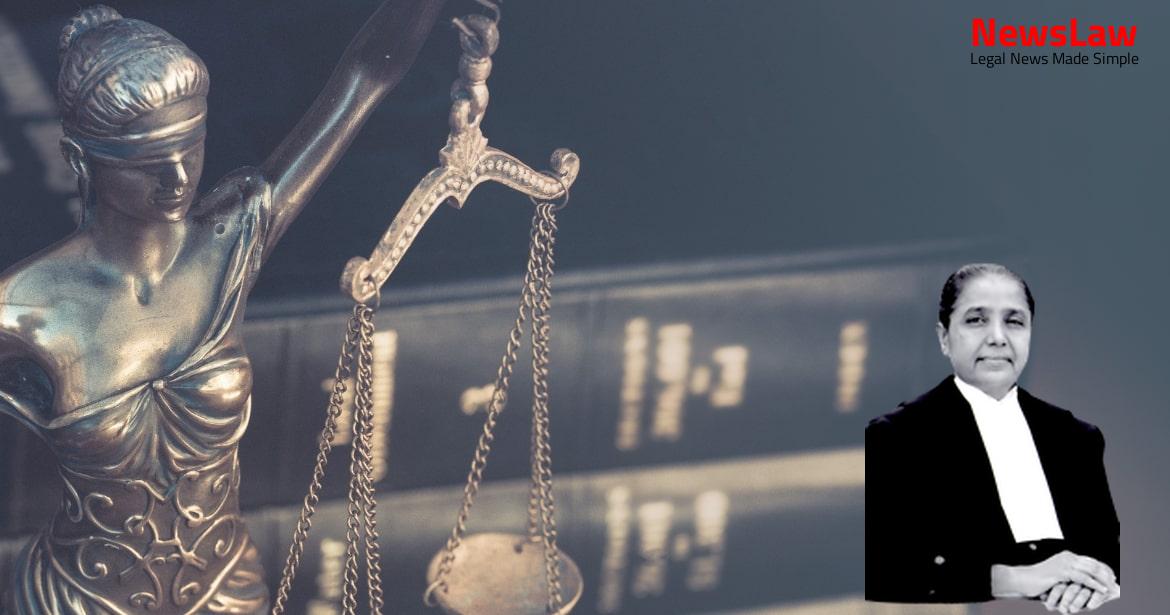In a recent legal case, the High Court delved into the intricate interpretation of candidate preferences in the Staff Selection Commission’s selection process. The court’s thorough legal analysis highlighted the significance of individual choices made by candidates in their applications. This case delves into the complexities of administrative procedures and the nuances of candidate preferences. Let’s explore the fascinating legal arguments put forth by the court in this matter.
Facts
- Various writ petitions were filed by individuals challenging the selection process and results of the Staff Selection Commission.
- Contentions included issues with OBC category treatment, preference for service selection, rejection of certificates, and domicile considerations.
- The petitioners sought quashing of the Select List and preparation of a fresh list.
- The High Court allowed some writ petitions, leading to appeals by the Union of India and the Staff Selection Commission.
- Specific issues to be considered included OBC certificate rejections and exclusion based on service preference despite higher marks.
- A candidate’s appointment order was cancelled due to domicile issues, which was overturned by the High Court.
- The Union of India’s review petition was rejected, leading to further legal challenges.
- The recruitment process involved multiple stages and considerations such as reservations, domicile, and district categorizations.
- The High Court determined that candidates cannot be bound by the preference indicated in the application form to avoid violating Article 14 of the Constitution.
- The High Court failed to consider Column No.16 of Annexure-II, to the Notification.
- 476 candidates were involved in various writ petitions, with 61 candidates being selected later when revised results were announced.
- Intra-court appeal was filed with a delay and the Division Bench refused to condone the delay, leading to the Union of India and the Staff Selection Commission challenging the Single Judge’s order.
Also Read: Undisclosed Conviction for Dharna Under Police Act Leads to Overturned Election
Arguments
- Respondents cannot raise objections on certificate format if their status is not disputed by Staff Selection Commission.
- Candidates have no control over the authorities who issue certificates.
- Counsel for respondents referred to a decision of the Division Bench of the Patna High Court in Ram Bilash Ram vs State of Bihar.
- Counsel for respondents also cited a decision of the Allahabad High Court in Bindhyachal Kumar Singh vs. Union of India.
Also Read: Critical Analysis of Legal Principles in a High-Profile Criminal Case
Analysis
- The High Court examined whether the objection relates to substance or mere form.
- The respondent only preferred the Indian Administrative Service.
- The approach adopted by the Staff Selection Commission was found to be incorrect by the High Court.
- Preferences given by candidates should be considered significant.
- The High Court erred in diluting the importance of candidate preferences.
- The High Court of Patna interpreted ‘preference’ as indicating a choice without rejecting other options.
- Preference means giving priority or showing liking for one option over others.
- The Allahabad High Court dealt with a situation where a candidate left the preference column blank.
- The contention that the appellants cannot blow hot and cold regarding certain candidates may not be valid.
- Each candidate before the High Court had unique characteristics and some received relief from the appellants.
- This suggests that the appellants did not treat all candidates uniformly.
Also Read: Interpretation of Stamp Duty Provisions
Decision
- The writ petition filed by the respondent is dismissed.
- No costs are ordered.
- The appeals are allowed and the High Court’s order is set aside.
Case Title: UNION OF INDIA Vs. PROBIR GHOSH (2022 INSC 195)
Case Number: C.A. No.-004585-004585 / 2018



